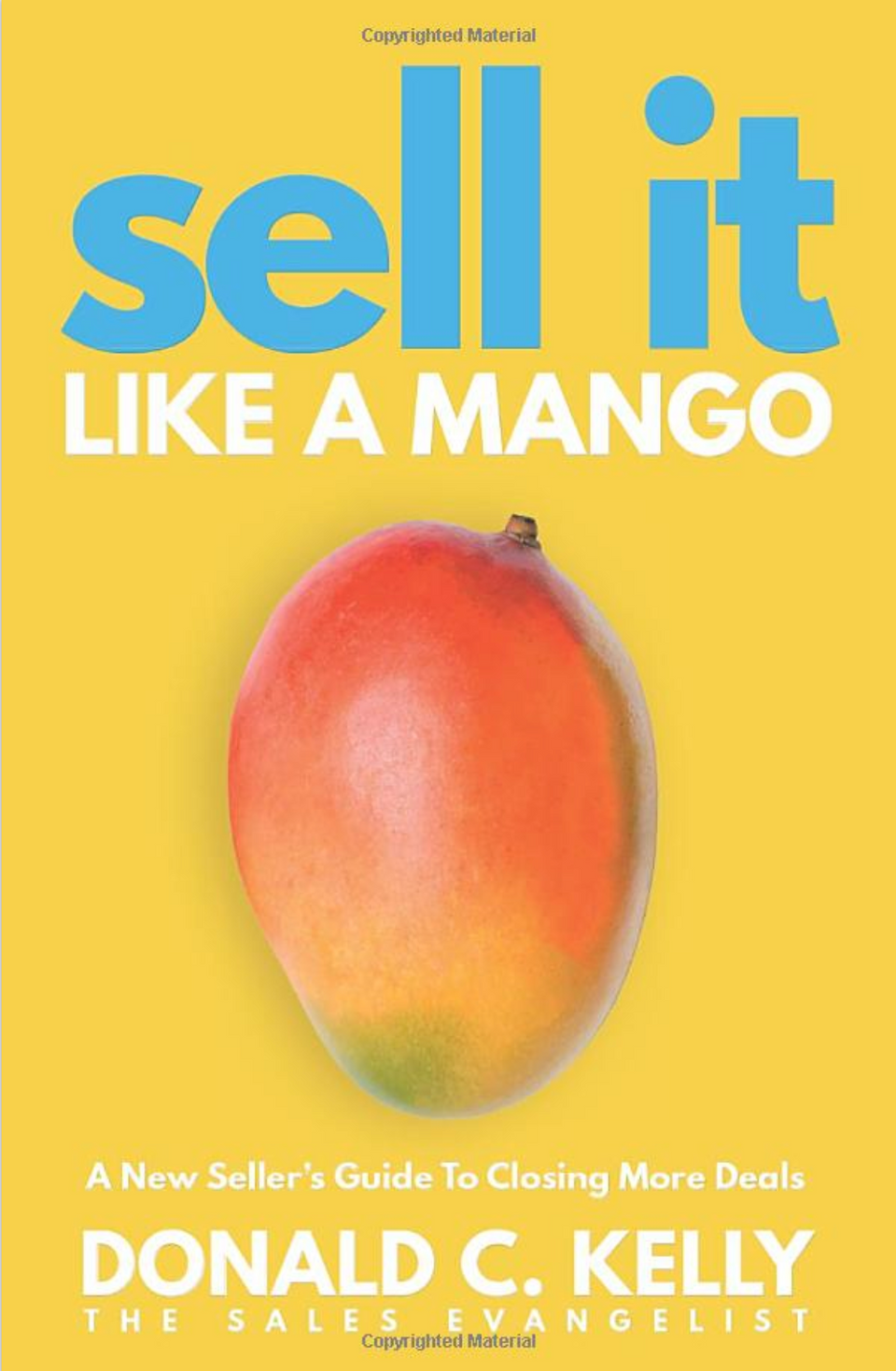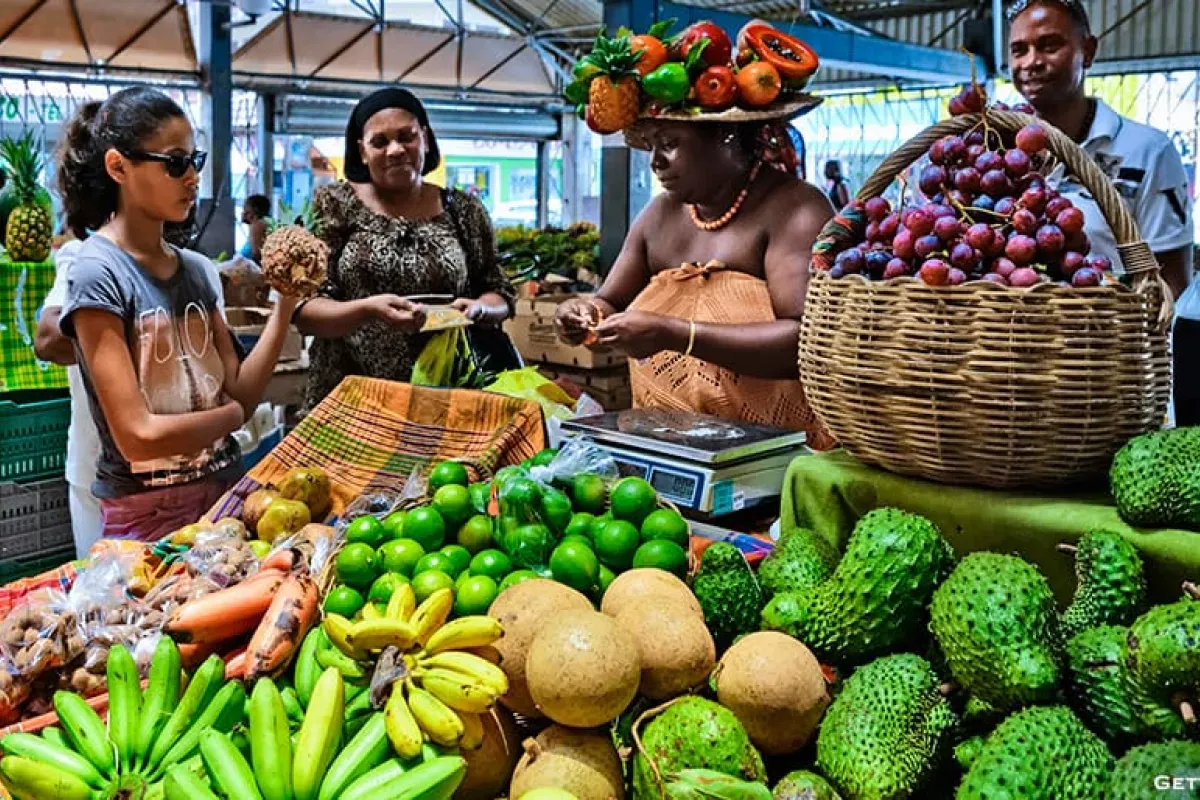What I learned about sales after one year at a sales tech company, together with the review on book "Sell It Like a Mango"

I have been working at a sales tech company for a year. My initial drive was about the curiosity of sales industry in my earlier years, especially the fact that the sales of my own startup failed to gain real tractions. So this question in my mind has been lingering for years.
First, let me explain the product of my company. The vertical was described as "sales enablement", a term that my company helped to coin; however concretely, it's a content management system for sales people. Following along the journey of a deal, the seller needs to send to the potential buyers various contents in order to move forward the deals. These could be products introduction, competitive analysis or even pricing models. So naturally it needs a SaaS platform to host these contents at a centralized place to better organize them. In addition, within a middle to large size company, there's typically a marketing team and sales team. Thus existing the interesting dynamics that a lot of contents are created by marketing team, but they're actively used by (or even got tweaked by) the sales team on the frontline in their own autonomy. So they do need an integrated platform to collaborate on. Besides being a content platform, naturally it also provides training, coaching and analytics features.
Initially, when I landed at the company, I always had the question why these feature set got offered in the first place, but after reading the above book "sell it like a mango", things are answered pretty well now.
You might have found a little bit strange of the name of the book, turned out to be that the author essentially tells a story about where he grew up. In Jamaica, there's a lot of fruit stands or cart – from mangoes to watermelons, jackfruit to peanuts. Most of the fruit stands are selling almost identical products. So what made one fruit seller stand out against another? it's not necessarily the product that made the difference; it was the seller. So later on, the author became a professional sales and was pretty successfully in the industry. By using the analogy to sell fruits in Jamaica, the author conveys lots of points of what great sales means, and some great lessons learned throughout his career.

I will just list out some of the points that really enlightened me:
Selling is the art of helping others persuade themselves to make decisions that are in their own best interest.
Buyers want to be in control, they don't want to feel like they're being tricked into something. I think both of you and me had similar experience, when you step into a car dealer, and got pushed to talk about prices right after your short test drive, and feel like you have to make a decision right at that moment to avoid missing something big. In B2B sales, that's the atmosphere most of people wanted to avoid. This echos with this famous quote from Jeffery Gitomer, the self-proclaimed "King of Sales".
People don't like to be sold – but they love to buy.
There's the top misconception of sales – your job as a sales is to convince people to buy. Actually it's the opposite. As a sales professional, the job is to help persuade themselves by providing with the necessary education to make a good decision.
This reflects the reason why by being a sales enablement platform, my company provides a contents management as the basic offering and starting point. Along with the sales deal, you have to provide the right contents to feed the journey of the buyer, to lead the buyers to make their own educated decisions.
Selling is hard and with setbacks in each single day they experience – it's a mental game
As an engineer, though there're lots of metrics to gauge who does a better job, but it's fairly hard to get a definitive quantitive answer about who's a better coder for a period; however, being a sales, it's pretty clear about the outputs – how many deals you closed for the last quarter, and how many new leads you pump into the pipe.
The feel of rejections is going on every single day, to prepare mentally and get used to is a must for this job.
The best way you can overcome your fear is by doing the thing that you fear the most.
There's an interesting mental model introduced by the book – many successful sellers were like athletes. If you think about it, athletes are bombarded with rejection. Baseball players strike out more often than they hit home runs. Soccer players take more shots on goal than they actually make. So why don't athletes given in to fear? Because they understand that in the experience of going through failure and learning from their failure, they improve their performance.
Then, even you experience success from here to there, the game is an infinite game, you have to show up and do it again.
Success is never owned, it is only rented – and the rent is due every day.
And lastly, how to get people prepared, there's knowledge side as well as mental side. This actually resonates with the training and coach perspective. Every sales enablement platform has a training and coach feature offered to get sales prepared. With the advance of technology, this frontier will get better and more intelligent.
It's solving the problems of buyers, sometimes even themselves need helps to frame it.
It boils down to value. Value is the importance, worth, or usefulness of something. It's important to understand the value is in the eye of the prospect. Sometimes, in the eye of high value for one prospect maybe be seen as unimportant to another prospect.
Values are in the eyes of prospect.
It's very easy to have the misconception that selling is all about talking; however, in a truly selling situation in which value is created, the sales rep recognizes value and helps the buyer understand that value and persuade themselves to make a purchase. Sometimes, this requires the seller to ask good, might be even quite tough, questions to buyer to inspire them to realize the problems they might get used to and felt comfortable. Back to the mango stand example – what separates one mango seller from another is their ability to help their buyers see the value, persuade themselves, and make the investment.
Sales is an art of flow driving
Anyone can sell if they have a formula and a desire.
A flow process or cadence is a sequence of steps you follow as a seller to engage a buyer along the journey of investigating and eventually purchasing your product or service.
One of the best sale flow I ever experience is zoominfo. There's one time, after hearing a podcast about zoominfo, I went up their website to sign up for a free trail. Instead of allowing me to create credential, it pops up a screen saying our rep will call you in 10 mins. In less than 5 minutes, I received a call from a representative giving me a warm greetings, and helped me to provision a test account.
A typically B2B sales process looks like this: prospecting – Discovery/Qualification – Deeper Discussion – Demo/Presentation – Proposal – Closing. The tricky question is that where the start of the sale flow is? The book recommends a method called "Your dream 100", also, they argue that there's always triggers, or key events associated. This could be the start of a new calendar year, new hire, contract expiration, opening of a new location, etc. To have this information figured out could help well to top up your "dream 100" list.
Conclusion
Though, we talked a lot about sales, the techniques and mindset talked about above could also well be applied to lots of other domains, for example, product development, dealing with difficult people or any occasion that you need to go persuade people. Remember, essentially, to have a self-sustainable business is not that hard – just make something people do value, and have a viable way to get the products into people's hand. And keep doing that repeatly for a long long time.
There's sales everywhere, the people who know sells won't be broke.
